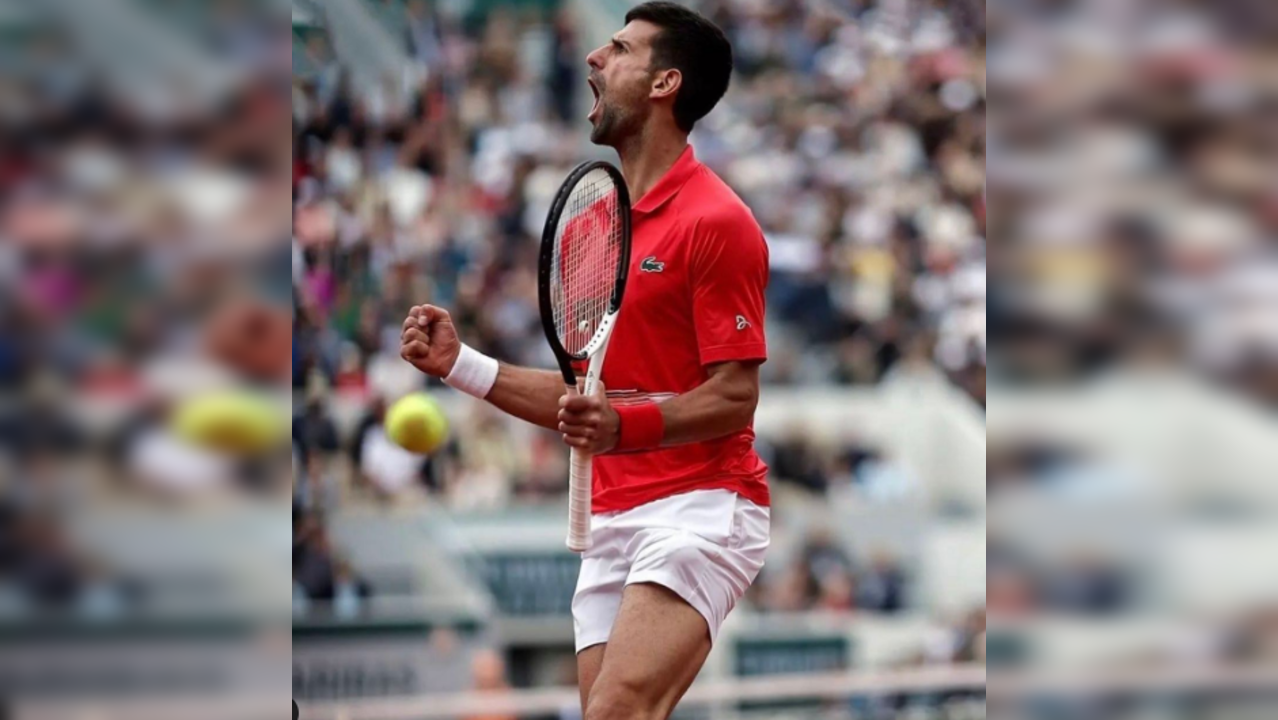Novak Djokovic will play in the Australian Open despite refusing to get jabbed; how vaccine hesitancy is a growing challenge for immunization
Novak Djokovic will return to the Australian Open next year despite refusing to get vaccinated against COVID-19. The three-year travel ban on him is set to be lifted by Australia. WHO says vaccine hesitancy is a big challenge in their fight against COVID-19

After missing the Australian Open, Djokovic was also barred from taking part in the ongoing US Open 2022 due to his anti-vaccine stand
New Delhi: Novak Djokovic is likely to return to the Australian Open despite his refusal to get jabbed. Earlier this year, Australia had barred Djokovic from participating in the tournament after arriving in the country unvaccinated. He was later deported and served a three-year travel ban.
However, the new government has reportedly decided to overturn the travel ban if Djokovic appeals against it and would allow him to participate in the tournament next year. As per a report in Australia's Herald Sun, Djokovic is yet to appeal against the ban but the decision has been made to overturn it.
After missing the Australian Open, Djokovic was also barred from taking part in the ongoing US Open 2022 due to his anti-vaccine stand.
Thus, the only grand slam title he won this year was Wimbledon, where he defeated Australia's Nick Kyrgios in the final to leave Roger Federer behind by clinching his 21st Grand Slam crown.
Vaccine hesitancy is a big challenge
According to WHO, refusal of vaccines is presenting a growing challenge and threat for countries seeking to close the immunization gap. Across the world, 1 in 5 children still do not receive routine life-saving immunizations, and an estimated 1.5 million children still die each year of diseases that could be prevented by vaccines that already exist.
According to data, to date, there are more than 18 vaccines against COVID-19 approved by at least one country.
What causes vaccine hesitancy?
Doctors believe vaccine hesitancy is influenced by factors like
Misinformation
Complacency
Convenience and confidence.
Negative beliefs based on myths about infertility, menstruation
Fear of needles
Lack of effective public health messaging
How to educate people about vaccinations
John Hopkins medicine has shared some facts to make people aware of covid vaccination is very important to save their lives from the virus.
- The covid vaccine is carefully tested: Doctors say the covid vaccines are tested on safety and efficacy. The vaccines were made using processes that have been developed and tested over many years, and which are designed to make vaccines quickly in case of an infectious disease pandemic such as covid.
- Side effects are only temporary: As opposed to the widespread belief, the vaccines do not contain live coronavirus, and you cannot and will not get covid from getting vaccinated. Many people experience sore arms, a mild fever or body aches after their shots, but these are temporary symptoms,
- You can be vaccinated despite allergies: The
CDC says people with allergies to certain foods, insects, latex, and other common allergens can get a covid vaccine. - Despite getting covid once or twice, vaccination should be done: Doctors believe that even if you already had covid, getting the vaccine will add extra protection.
Disclaimer: Tips and suggestions mentioned in the article are for general information purposes only and should not be construed as professional medical advice. Always consult your doctor or a dietician before starting any fitness programme or making any changes to your diet.
Trending:
End of Article
Subscribe to our daily Lifestyle Newsletter!





Related News





How To Achieve Hormonal Balance Naturally? 5 Healthy Habits To Adopt

Males Might Be More Likely to Inherit Autism Than Females: Study

Combat Cervical Spondylosis Pain: Effective Exercises To Alleviate Pain

This Personality Test Is Uncannily Correct At Predicting Your Hidden Traits

Limited Sun Exposure To Obesity: Factors That Lower Vitamin D Levels









